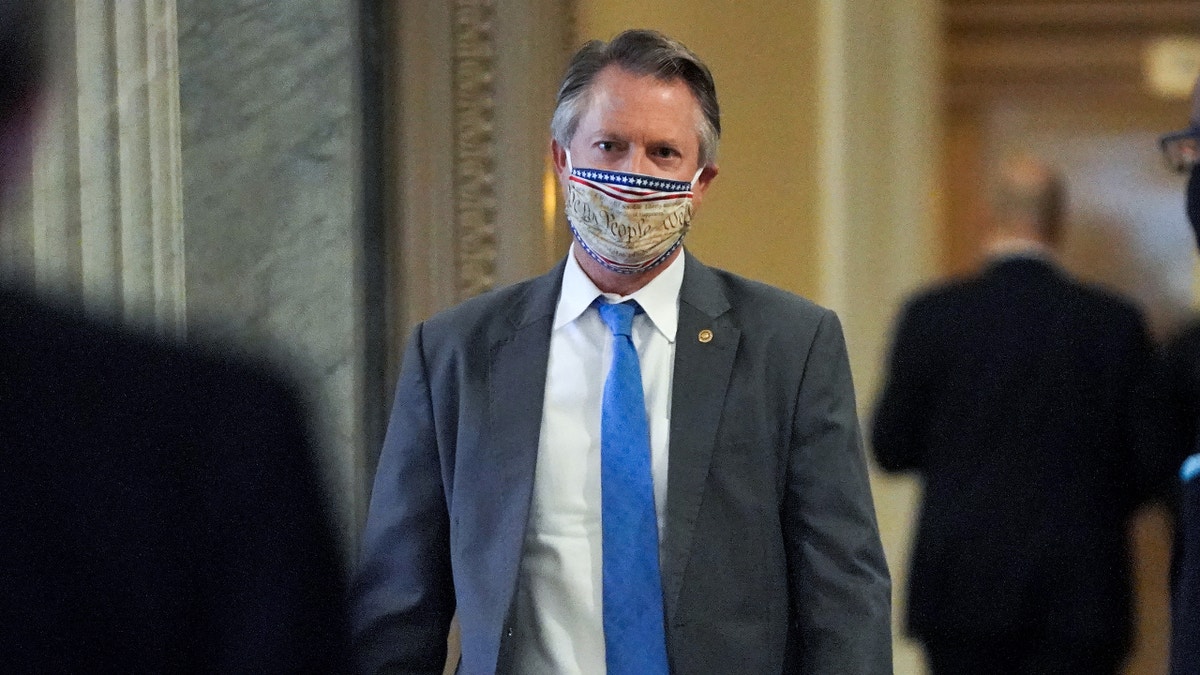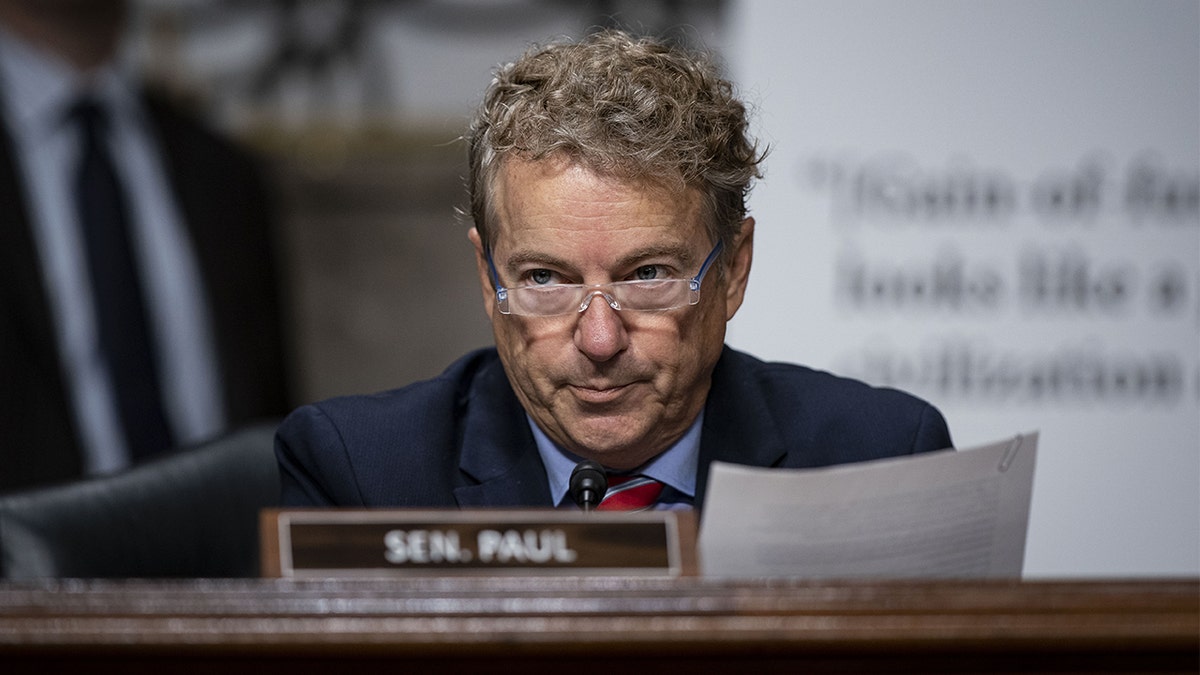Fox News Flash top headlines for March 3
Fox News Flash top headlines are here. Check out what's clicking on Foxnews.com.
The Senate passed a symbolic joint resolution Thursday calling for an end to the national emergency declared by former President Trump March 13, 2020, regarding COVID-19.
The resolution, which passed 48-47 and now heads to the House of Representatives, was introduced by Sen. Roger Marshall, R-Kansas. Senators Mike Braun of Indiana, Mike Lee of Utah, Ron Johnson of Wisconsin, Ted Cruz of Texas and Rand Paul of Kentucky also supported it.
RAND PAUL DENOUNCES TRUDEAU'S ‘DANGEROUS’ EMERGENCIES ACT, WARNS OF SIMILAR US LAWS

Sen. Roger Marshall, R-Kan., arrives at the Senate chamber before the fifth day of the Senate impeachment trial for former President Trump on Capitol Hill Feb. 13, 2021, in Washington, D.C. (Greg Nash - Pool/Getty Images)
"Resolved by the Senate and House of Representatives of the United States of America in Congress assembled, That, pursuant to section 202 of the National Emergencies Act (50 U.S.C. 1622), the national emergency declared by the finding of the President on March 13, 2020, in Proclamation 9994 (85 Fed. Reg. 15337) is hereby terminated," the short resolution states.
"The Senate has spoken. We are ready to end the COVID national emergency like more than a majority of Americans," Marshall tweeted. "Hope our House colleagues join us in returning the ability to make decisions related to the virus back to the American people."
Paul, who signed the resolution, recently warned about the potential consequences of ongoing national emergency declarations.
Opining on the Emergencies Act that Canadian Prime Minister Justin Trudeau recently invoked to quell the trucker convoy protests, Paul said such a law is "very, very dangerous" and warned against similar laws in the United States.

Sen. Rand Paul, a Republican from Kentucky, speaks during a Senate Health, Education, Labor and Pensions Committee hearing in Washington, D.C., Nov. 4, 2021. (Al Drago/Bloomberg via Getty Images)
CLICK HERE TO GET THE FOX NEWS APP
"I think statutes that allow presidents or heads of state to invoke emergencies are very, very dangerous," Paul said during an episode of the BASED Politics podcast.
"We have the same sort of statutes here, and I have longtime been an opponent of these. We actually have in the United States an Emergency Act that allows the president to shut down the internet."













































